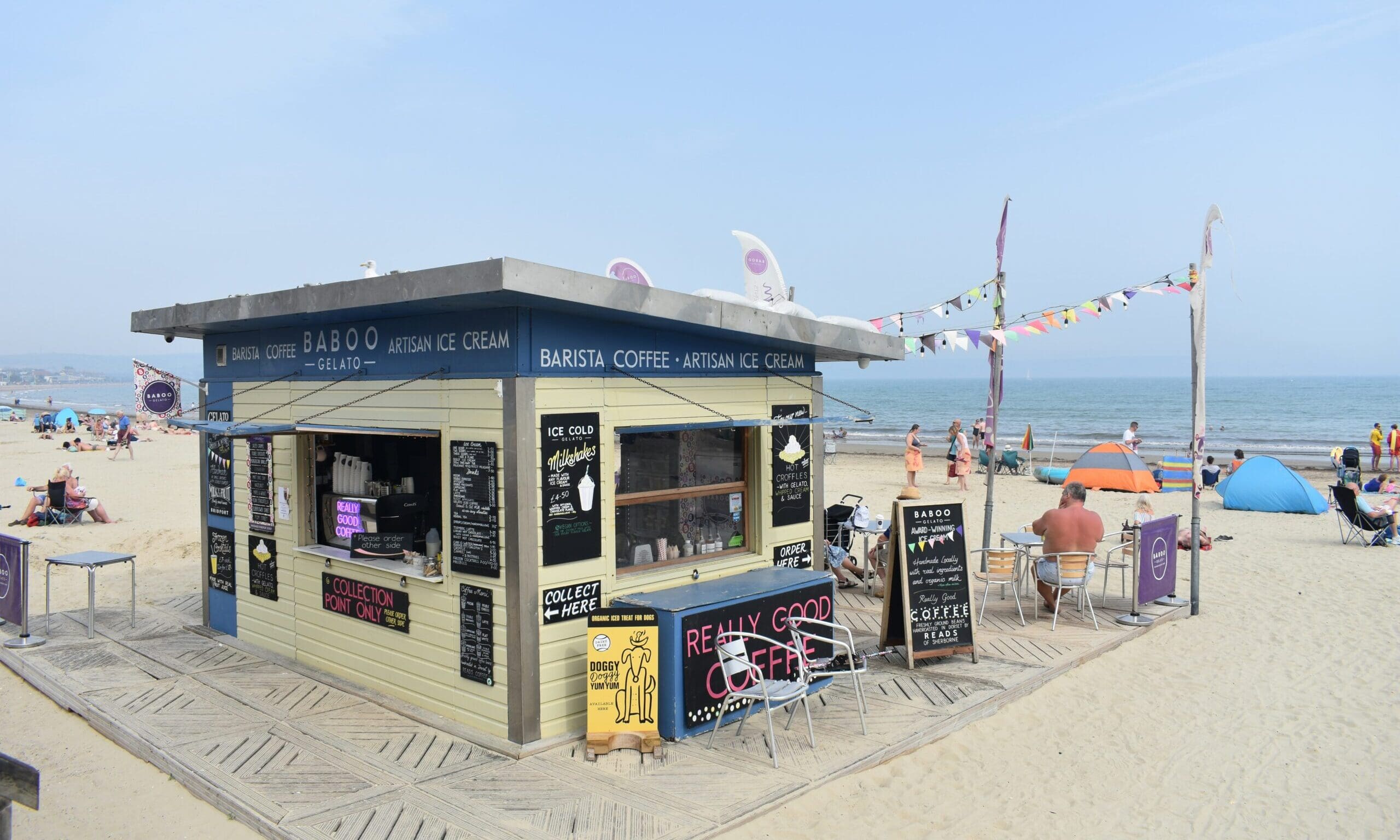Register to get 2 free articles
Reveal the article below by registering for our email newsletter.
Want unlimited access? View Plans
Already have an account? Sign in
After years of pressure from hospitality businesses and the trade organisations that represent them, the government has finally relented. Last week it revealed its proposed changes to the business rates system in England and Wales. Despite this positive news, it remains to be seen how this reform fits in with chancellor Rachel Reeves’ wider tax plans and what effect this could have on businesses overall.
What has changed?
Currently in England and Wales, business rates are based on a property’s ‘rateable value’, an estimate by the Valuation Office Agency of how much it would cost to rent a property for a year on 1 April 2021. Businesses are then charged on a multiplier, which tells you the number of pence you will pay per pound of rateable value.
If the rateable value of a property is £51,000 or over, then businesses are charged a standard multiplier of 55.5p and if the rateable value is under £51,000 businesses are charged the small business multiplier, currently 49.9p. The way businesses are charged in Scotland and Northern Ireland is different.
However, the new interim report on business rates reform includes plans to amend small business rates relief and to address “cliff edges”, where bills rise sharply between bandings. Furthermore, legislation was passed earlier this year which allows the government to apply a discount of up to 20p in the pound, following campaigning by trade body UKHospitality (UKH). The idea is that this will encourage businesses to upsize and expand without facing a major increase in business rates which may have prevented a move under the current system.
How has the industry reacted?
The general sentiment from trade bodies is one of optimism. UKH has welcomed the proposals, especially after all its work in lobbying the government. UKH chair Kate Nicholls states that she is “pleased with the reforms” following extensive lobbying from the body.
“These measures to remove punitive cliff-edges and barriers to investment are positive and will help to rebalance the system, as will the government’s commitment to lower business rates bills for hospitality businesses. We are pleased that the government has recognised the harm that large increases in rateable values will cause to hospitality and has committed to transitional relief.” she says.
It is a belief echoed by Michael Kill, CEO of the Night Time Industries Association (NTIA) who calls the recognition of the cliff edge nature of the current system an “important step forward”. The NTIA has also been a leader in calling for business rates reform as a huge number of night time businesses have gone bust since the pandemic, in part due to trouble with business rates. According to the body, one in four night time businesses have gone under since 2020.
“For too long, independent operators, particularly in nightlife, hospitality, and culture, have been penalised for their ambition to grow, losing vital relief as soon as they expand. Reforming this outdated system will unlock investment, safeguard jobs, and give small businesses the confidence to scale. A fairer, more progressive approach to rates is essential if we are to revive high streets, strengthen communities, and build an economy that truly rewards growth and innovation,” he says.
“Applying the maximum possible discount to the multiplier for all hospitality properties under £500,000 rateable value at the Budget in November is critical. That is the most significant and meaningful benefit that can come from these reforms, particularly with anticipated increases in rateable values coming into effect next April.
“The maximum discount should be introduced alongside a zero rate for hospitality properties over £500,000 rateable value, to ensure the reform is in keeping with the government’s intention to level the playing field for the entire high street,” she explains.
The wider tax landscape facing hospitality
While business rates are the current focus of the government, it is not the only cost that businesses are having issues with. The industry is still feeling the effects of the previous budget set last October when chancellor Rachel Reeves took the decision to increase national living wage and increase employer national insurance contributions. This was a particular issue for the hospitality industry as many businesses rely on low paid seasonal work and the changes made it more expensive to hire staff.
Hospitality also struggled with the change to minimum wage for staff aged 18-21. Previously the national minimum wage for people in this age group was lower than those over 21, but the government outlined plans to gradually bring this age group in line with people over 21. This was again a particular issue for hospitality. Many businesses employ younger people in part because they are cheaper to hire than an older more experienced member of staff. This change could make it harder for young people to get a start in the industry, as they are now more expensive to employ with less experience than older candidates.
UKH has called on the government to keep the momentum going and make even bigger changes at the budget in regard to employer NICs and to consider cutting VAT to help businesses. “With hospitality businesses finding themselves taxed out as a result of cost increase after cost increase, lowering business rates, fixing NICs and cutting VAT is the action we need to see the government take at the Budget,” Nicholls says.
Rachel Reeves is set to announce her second budget on Wednesday 26 November. It is expected to reveal a number of tax increases as she looks to plug the hole in the nation’s finances.While not directly hospitality, these changes could signal Labour’s broader appetite for reform. It is unclear which taxes will be reviewed but she has so far stuck by her manifesto pledge to not increase income tax, national insurance or VAT. According to accountancy firm RJP, Reeves could look to target capital gains tax however, Labour has confirmed that PPR (principal private residence) relief will remain intact, and they will not introduce CGT on any gains made from selling a primary residence. There is also a strong chance that inheritance tax will be altered to raise more money and there could also be changes to pensions.



















